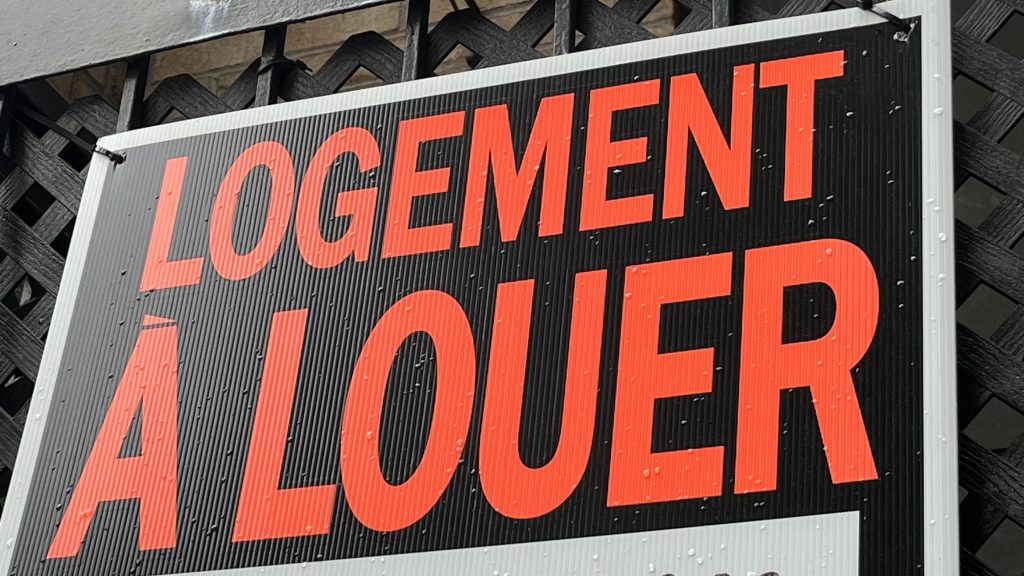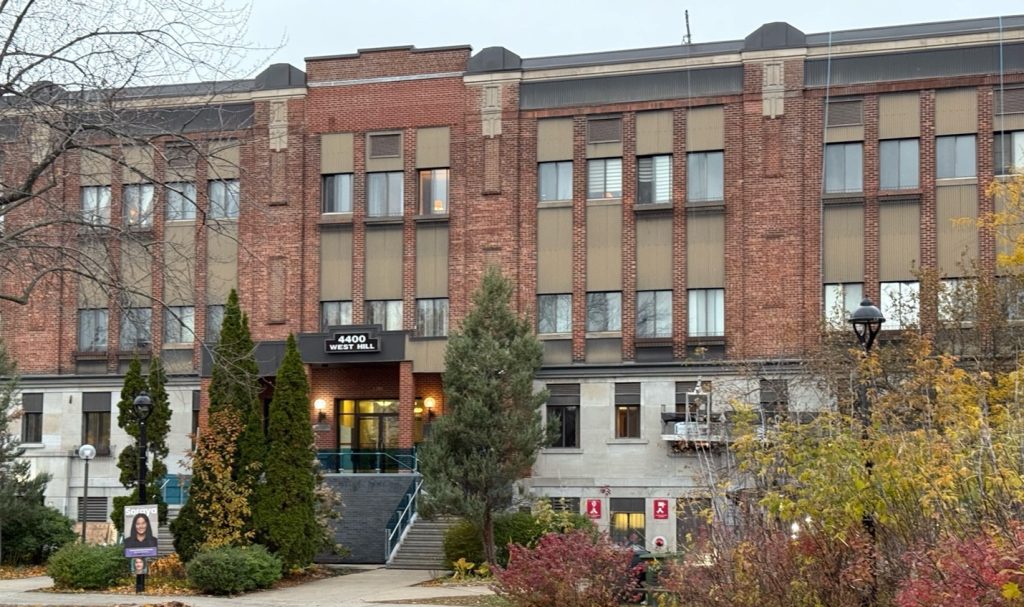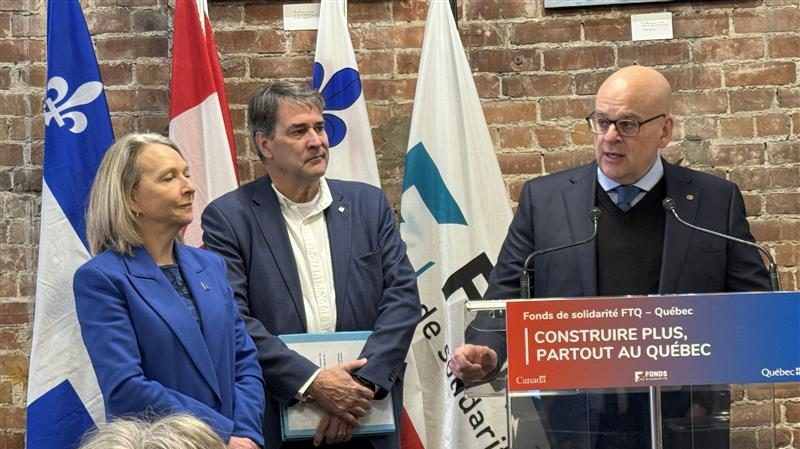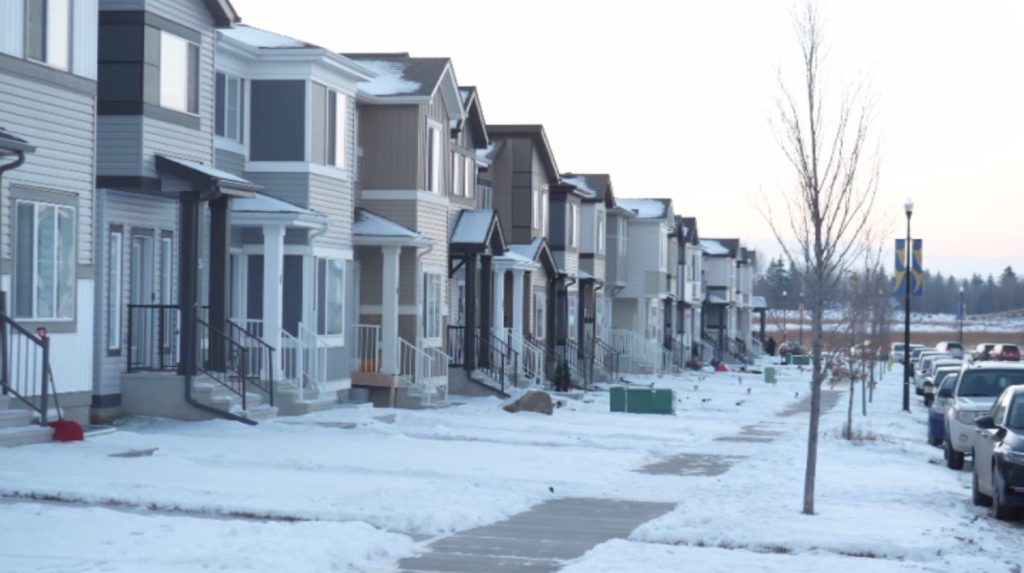Average Montreal rent to double by 2032, AI research predicts

Posted October 9, 2024 11:02 am.
Last Updated October 9, 2024 7:24 pm.
Renting a two-bedroom apartment in Montreal will cost, on average, $4,325 per month in 2032 – an increase of nearly 106 per cent in nearly a decade.
That’s according to artificial intelligence-driven research by Concordia University.
The average rent for a two-bedroom apartment in Montreal, as of March 2023, was $2,100.
John Molson School of Business associate professor Erkan Yönder used AI to create projections that he describes as transparent and free of human bias or emotion. The AI system was trained on data from the Canada Mortgage and Housing Corporation (CMHC), Statistics Canada, and the federal government’s immigration and population projections.

Yönder explains the sharp rise in the cost of rental housing is in large part due to Canada’s immigration and housing policies being “out of sync.”
“Every year we bring new people to Canada and give a shock to the housing demand. We need to be able to provide an equal shock to the supply to stabilize the cost of rent,” Yönder said.
“This is a problem for everyone who lives in Canada.”
In 2023, for instance, the research shows there were more than 1.2 million new Canadians, but only some 200,000 new housing units. New homes in Canada, Yönder suggests, need to be built at four to 10 times their current rate.
“Almost every country has the same affordability problem,” the associate professor said. “So we need to think differently. That’s what we want to signal. … We really need to focus on the supply side. We need to build more. We have this immigration policy, but also we need to think about a supply policy, how we can make it happen.
“We should really focus on locations, local markets, and then we should develop policies looking into those local markets and looking into the needs when it comes to immigration, when it comes to housing.”
The research, entitled “AI-Driven Insights into Key Factors Contributing to Rental Growth Across Canada,” was commissioned by a private equity firm, Equiton Research Fund. Yönder says using a “neural network” AI, as opposed to linear, increases the accuracy of predictions by 30 per cent.
“What we do in this study is we look at the pattern,” he explained. “So that’s what the machine learning model do. So there’s already a pattern going on before today. And then the model looks into that pattern and using that pattern tries to understand the future.”
The research projects the cost of renting a two-bedroom apartment in Toronto will balloon to $5,600 by 2032 – up from $3,250 in 2023. In Vancouver, average rents will jump from $3,450 (2023) to $7,750 (2032).
“We have the institutional investors who would put money, capital into this market,” Yönder said. “And we need people who build these buildings. So we need the real estate companies and owners.”
Yönder hopes the study and predictions will help promote policies that provide solutions, as any change could shift the prediction.
“It’s not only like we say this is the government’s role or this is the local government’s role, but all of these entities should come together. And in the end, we have a supply problem. So we really need to increase supply, which is the ultimate solution.
“The takeaway is again not to scare anybody. In the end, these are predictions. We are not fortune tellers. It’s very obvious that it’s not easy to predict the future. But what we say is that this is what’s going on across Canada.”
–With files from Tehosterihens Deer












